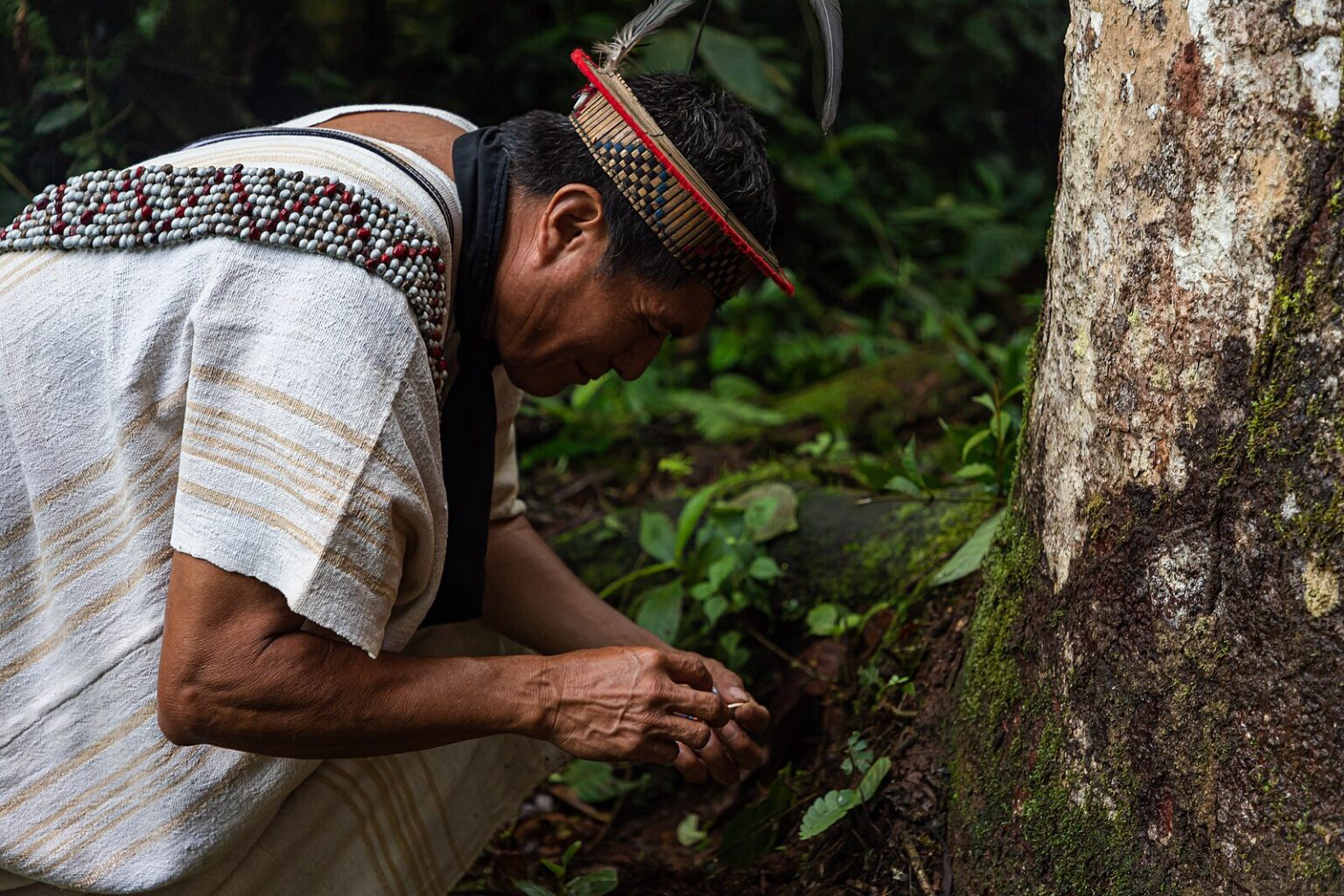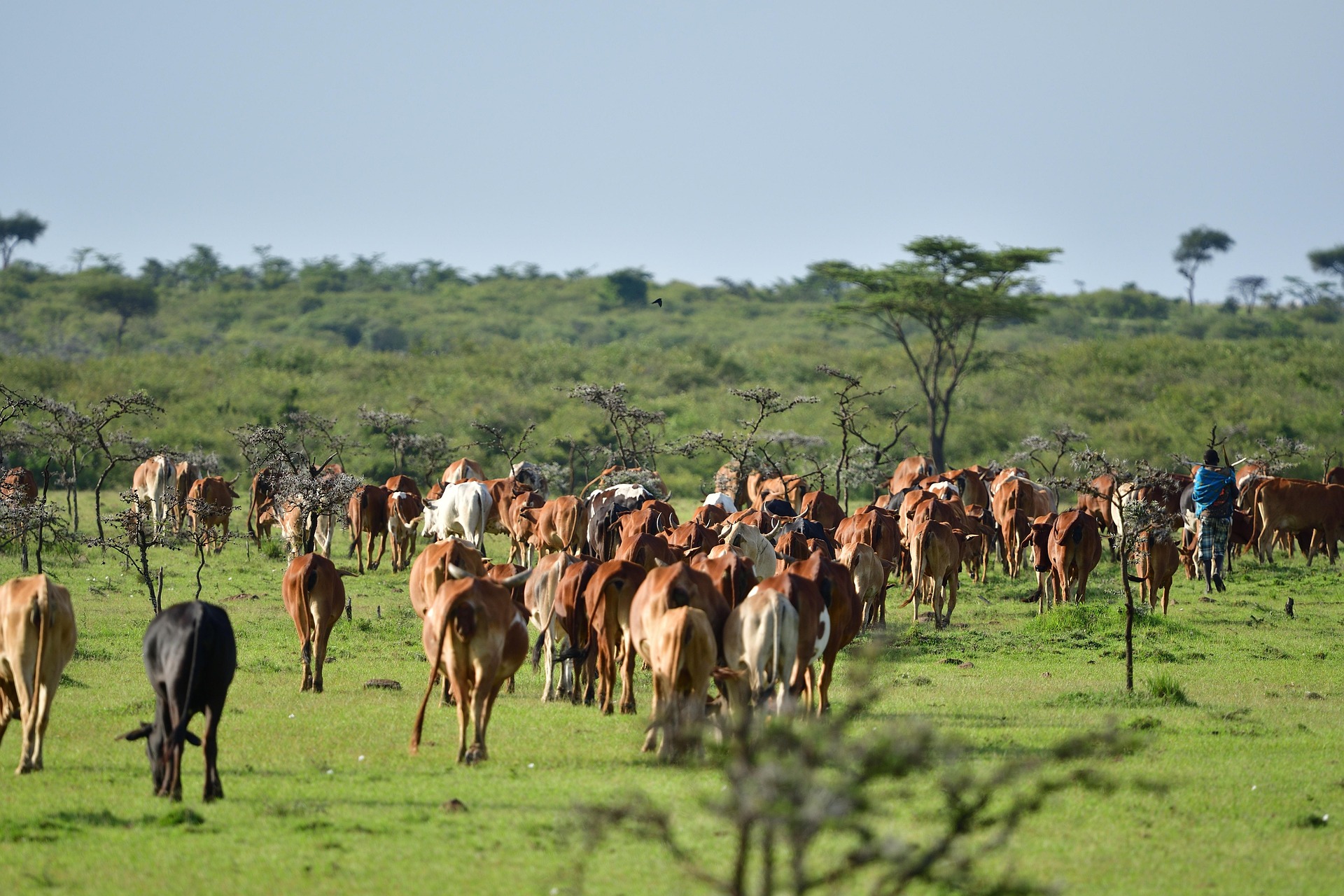Mediterranean countries set joint priorities for global biodiversity commitments
Governments and conservation organisations from across the Mediterranean gathered in Montpellier to strengthen regional cooperation and accelerate progress toward the Kunming-Montreal Global Biodiversity Framework’s 30x30 target.

Participants from Mediterranean countries and conservation organisation at the Montpellier workshop on Target 3.
Mediterranean momentum for biodiversity conservation is gaining ground. From June 2 to 5, the city of Montpellier hosted the Mediterranean Regional Workshop on Target 3, a milestone event convened to align regional efforts in achieving the Kunming-Montreal Global Biodiversity Framework’s ambitious 30x30 target - to protect 30% of terrestrial, freshwater and marine ecosystems by 2030.
The workshop, co-organized by the Government of France in collaboration with the Secretariat of the High Ambition Coalition for Nature and People, UNEP/Mediterranean Action Plan, and Regional Activity Centre for Specially Protected Areas (SPA/RAC), with the support of Plan Bleu and IUCN Med, brought together government representatives from 8 countries: Bosnia and Herzegovina, Egypt, France, Lebanon, Libya, Montenegro, Spain, and Tunisia. These countries were represented through their national focal points for the Convention on Biological Diversity, Specially Protected Areas and Biological Diversity Protocol.
A key moment in the workshop was a dedicated training session led by IUCN Med on the IUCN Green List Standard and the identification of Other Effective area-based Conservation Measures (OECMs) in collaboration with an expert from the IUCN World Commission on Protected Areas The session provided national authorities and technical experts with a deeper understanding of the Green List as a global standard for effective protected area management, and clarified the criteria and processes for recognizing OECMs, as well as the challenges associated. Participants explored how these tools can be strategically applied to improve management quality, strengthen governance, and diversify the types of area-based conservation measures reported under Target 3. The training addressed common misunderstandings and provided case examples from the Mediterranean, supporting more accurate and meaningful implementation of conservation frameworks across the region.
The workshop as a whole focused on both the quantitative and qualitative aspects of Target 3, allowing countries to share their experiences and challenges, identify gaps in their approaches, and explore tools and funding mechanisms available to strengthen their commitments. Preliminary discussions highlighted common barriers, including fragmented strategies, weak long-term financing frameworks, and challenges in governance and monitoring. Participants also began defining the next steps for ensuring that protected and conserved areas are not only expanded in surface area, but effectively managed, ecologically representative, and socially equitable.
Regional Communiqué : a common voice
The Regional Communiqué that emerged from the workshop outlines a clear roadmap for accelerating the implementation of the 30x30 Target across the Mediterranean. Key recommendations include strengthening political will and coherence between national, regional, and international conservation policies, while promoting stronger synergies among public institutions and stakeholders. Participants called for expanded coverage of protected and conserved areas, especially in biodiversity-rich zones and underrepresented regions in the Eastern and Southern Mediterranean. The need to enhance protection levels, recognize and report OECMs more accurately, and develop ecological corridors was strongly emphasized. Ensuring long-term financial sustainability through mechanisms such as trust funds, carbon credits, and innovative financing tools was also identified as a top priority. Finally, the communiqué highlights the need to boost biodiversity protection beyond MPAs through tools such as SPAMIs, FRAs, and PSSAs, and to enhance the contribution of protected and conserved areas to sustainable development, climate resilience, and the green and blue economy.
This communiqué is more than a technical document; it is a collective Mediterranean voice calling for unity, ambition, and concrete action. It will be presented at the upcoming United Nations Ocean Conference (UNOC-3), reinforcing the region’s role as a driver of biodiversity leadership on the international stage. The Montpellier workshop has proven that with political will, scientific support, and regional cooperation, the Mediterranean countries can progress the way toward achieving the global 30x30 vision.


